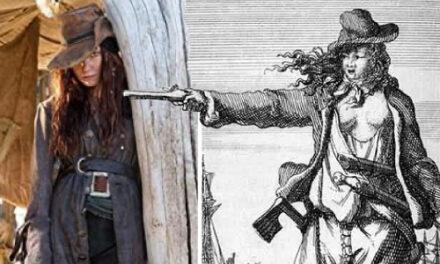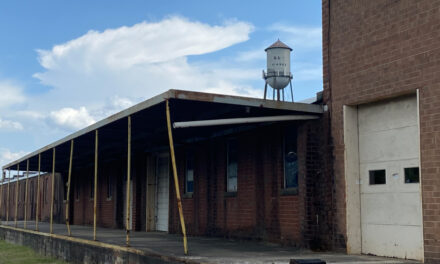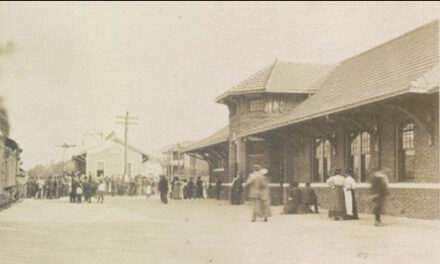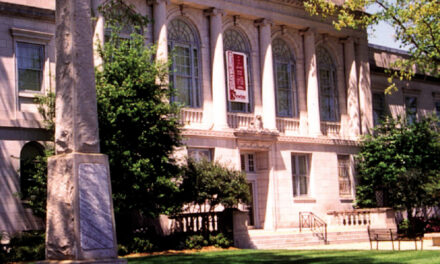
Historically speaking, on a late winter night, one of the best companions with which to cuddle up in Hickory has been a book. Known as community that loves a good club, various gatherings have converged, disbanded and reemerged around town to read, discuss, socialize and debate some topic.
By some accounts the earliest literary group was formed in 1872, when Hickory itself was but two years old. The Ciceronean Literary Society was named for the writer who backed the wrong side in a shifting political world of Rome after the demise of Julius Caesar.
Indications are that Hickory’s oldest continuous collective is the Traveler’s Club which remains in existence today. The history of the group was well documented, right down to the date of their first meeting, November 21, 1890. Members liked to say, if ever asked, they considered themselves as “a citizen of the world.”
A group named the St. Cecelia Music Club first came into being in 1893 as “a cultural and social society.” Presumably, they played or at least enjoyed music. Mrs. Edwina Chadwick was the original guiding light but, for whatever reason, the beacon dimmed in the 20th century only to be brought back in 1959 under the same name. As long as they were in existence, meetings were held at the Mauney Music building at Lenoir-Rhyne, perhaps to ensure they were as good as their name implied. By the way, Cecelia was a Roman martyr of Christianity, later venerated as the patron saint of music and musicians.
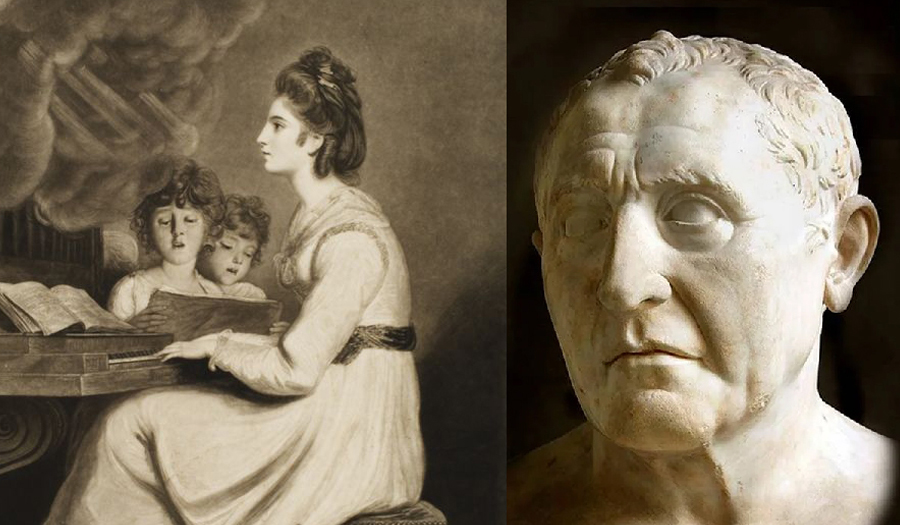
Early in the 20th century, the “Dames of Pleasure” was formed. It’s not what you might think. They were described as a “charming young matrons who entertained beautifully.” In 1906, when they formed, “guessing games were at the height of their popularity” so the club engaged in “many clever and original ones” at their meetings. By all indications, the Dames grew tired of the games and reorganized as the Wednesday Afternoon Book Club.
About 1911, the Thrifty Thirteen came into existence. Thrifty for what purpose was never really clear and apparently the members, all females, only stayed until they got married. As they drifted away, presumably the name had to be changed until there were no thrifty left.
Talk about free form, there came the Do As You Like Club. Once again, it the name might be misleading. It was a book club, although maybe they didn’t read the same book? Looking back at the multitude of clubs formed in Hickory there were organizations dedicated to liberal arts, poetry, the Lost Cause, service to the community, patriotism, business, hobbies, military service and dozens of book clubs, like the Halcyon Club, the Fortnightly Book Club, Round Dozen Book Club, the Cosmos Book Club. You get the idea.
At one point, Hickory had twelve garden clubs, including one known as the as the Green Thumb Garden Club, so many that they did what any club-minded aggregate would do. They banded together to form a larger grouping. The Hickory Garden Council sported its own set of officers, likely from the farm teams of the federation of 12 and took on projects of larger scope, like sprucing up the railroad tracks through town, as well as other projects like flower shows, ‘Parade of Homes’ tours, even erecting “Welcome to Hickory” signs along main thoroughfares.
Most current club member acknowledge that their membership is getting older as folks don’t join clubs like they once did. However, if you would like to participate, finding one is no problem.
Photo: Namesakes of two Hickory Clubs, St. Cecelia and the Roman Politico, Cicero

